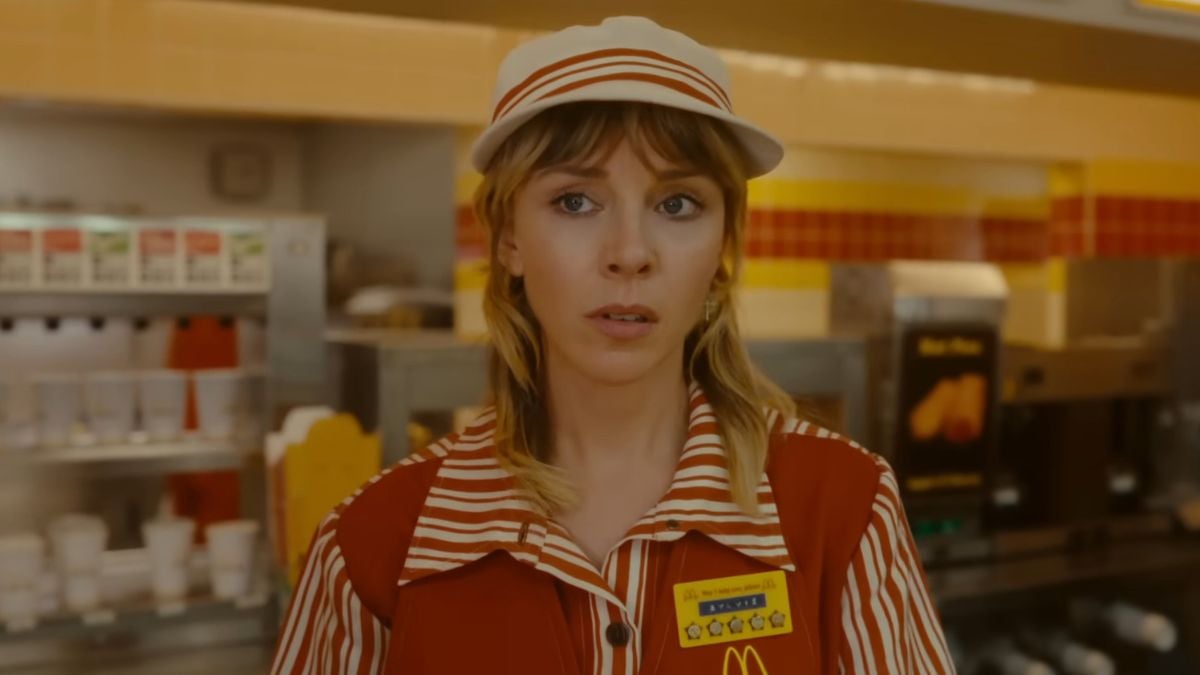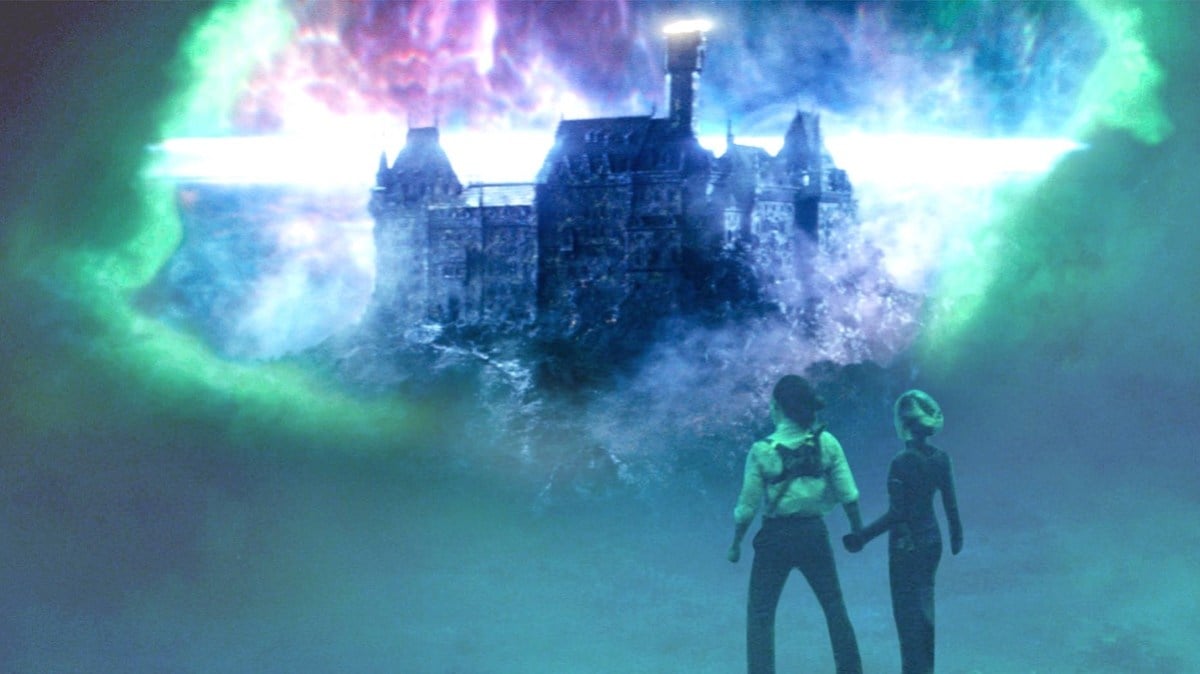As one of the biggest brands on the planet, Marvel is always going to feature plenty of product placement and tie-ins whenever it releases a new film or television project, but it might come as a surprise to know that Loki‘s rampant embracing of McDonald’s is actually rooted in canon.
From the outside looking in, it’s easy to assume that the fast food giant simply threw a huge pile of money at Kevin Feige for the pleasure of having its name emblazoned all over the second season of the cinematic universe’s first and only Disney Plus series to return for a sophomore run of episodes, but there’s actually some fairly sound reasoning behind it, as executive producer Kevin Wright revealed to Fast Company.

“This character had been on a decades-long, maybe centuries-long revenge mission, and the classic trope of those stories is that it’s all-consuming and she’s not thinking about what comes next. Now she has this moment of opportunity, where is she going to go?”
The response from Sylvie star Sophia Di Martino was that “she’d probably be pretty hungry,” and just like that the light bulb went off, with Wright explaining why McDonald’s was the obvious and ideal candidate.
“When we stayed in the view of character, this woman who went on the run as a child, had been running through time, a fugitive of time, living in apocalypses, never being able to relax or slow down, the novelty of walking into a 1980s McDonald’s looked appealing. You play a Little League game and go to McDonald’s. You go to a kid’s birthday party at McDonald’s. Someone like Sylvie would never have experienced that, and would be really taken by that.”
Obviously, it helped that Marvel already had a deal in place with the company, but at the very least you can’t say Loki‘s reliance on McDonald’s wasn’t driven entirely by the bottom line and nothing else, even if it was clearly a huge motivator.

